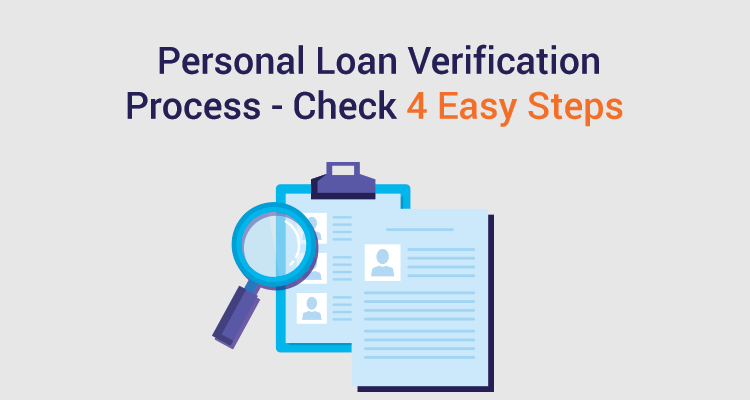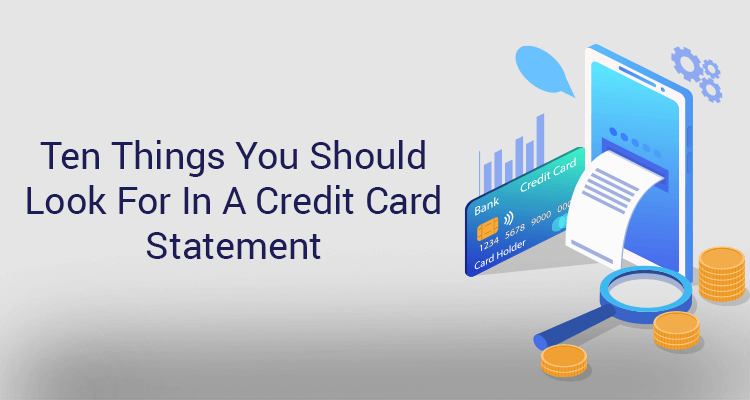Personal Loan Verification Process - Check 4 Easy Steps
Table of Contents
Personal loans are an easy way to fund your urgent personal needs like marriage-related expenses and home renovation. Most banks and non-banking finance companies (NBFCs) approve personal loans through a simple and quick process, which can either be completed physically by going to the branch or even online.
Personal loans are, in general, unsecured in nature. This means the borrower doesn’t need to give any collateral to avail the loan, unlike in the case of secured debts such as a home loan or a car loan.However, this means that the lender will be extra cautious on the verification process to ensure that there is no default. The personal loan verification process normally involves the following steps:
1) Loan Application
The first stage of the verification process is the application for the loan. Most lenders now provide the facility to apply for loans online. Once the application is submitted, the applicant will get an application number, which can be used for tracking the progress of the application.2) Collection of Documents
Once an application for a personal loan is submitted, the lender will ask for documents like address proof and income status to assess the borrower.Following are the usual documents required by the lender for personal loans:
Identity Proof:
Aadhar card, PAN card, passport, driving license or any other government ID card.Address Proof:
Aadhaar card, electricity bill, passport or PSU bank passbook.Proof Of Employment:
Appointment letter or employment ID card.Proof Of Income:
Salary slips, bank statement, Form 16 or income tax returns for salaried borrower.For self-employed persons, the lender may ask for business ownership certificate, partnership deed, profit and loss statement, or the audited balance sheet.
3) Verification Of Documents
The lender will start the verification process once all the documents are submitted. The verification process includes validating the details about the applicant, eligibility, repayment capacity and CIBIL score.The CIBIL score, also known as the credit score in general, is a three-digit number that is indicative of the borrower’s credit profile. The score is calculated based on the borrower’s previous or existing loans and repayment history.
Essentially, the score tells the lender how the borrower’s past credit behaviour has been and serves as a warning in case the borrower has previously defaulted on a loan.4) Sanctioning Of The Loan
Once the lender is convinced about the eligibility and repayment capacity of the borrower, it starts the process of sanctioning the loan. The borrower will then need to sign a loan agreement, which includes details of the loan like tenure, rate of interest, and EMI instalments. Once the agreement is signed, the loan is ready to be disbursed.Conclusion
Personal loans do not require the borrower to pledge any asset with the lender. So, lenders thoroughly check the loan application, and verify the CIBIL score as well as the relevant documents before approving such loans.
Before applying for a personal loan, one should ensure that the documents are in order. The borrower should also carefully go through the loan agreement to ensure that there are no surprises later.Disclaimer : The information in this blog is for general purposes only and may change without notice. It does not constitute legal, tax, or financial advice. Readers should seek professional guidance and make decisions at their own discretion. IIFL Finance is not liable for any reliance on this content. Read more




